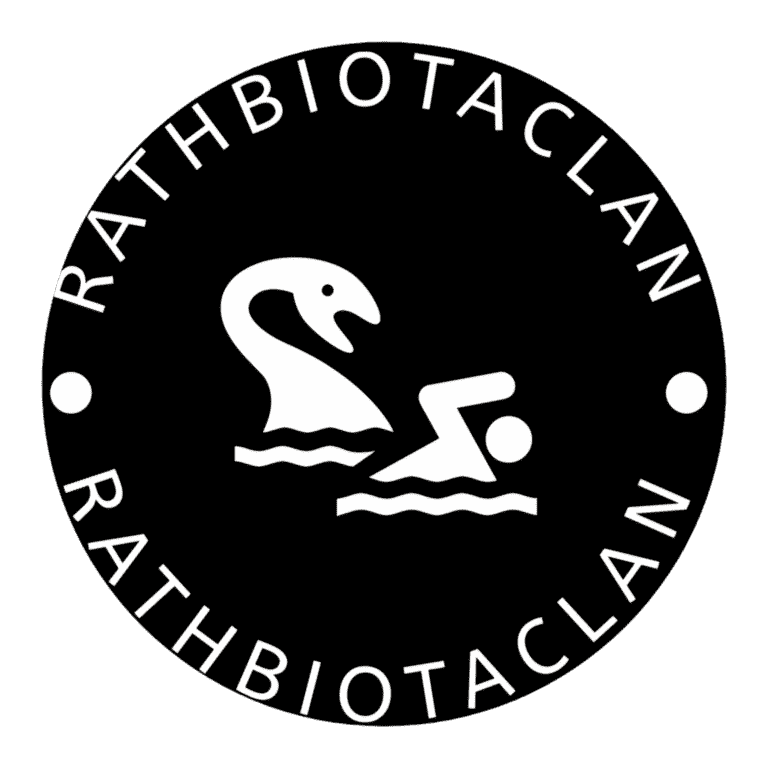A promising new treatment for depression involves a noninvasive device that delivers a mild electric current to the brain. This technique, called transcranial direct current stimulation (tDCS), shows potential for individuals who do not respond to traditional antidepressants or therapy. A recent remote clinical trial with over 150 participants demonstrated that home-administered tDCS significantly reduces depressive symptoms. For more information on tDCS, visit Neuromodec.
Significant Reductions in Depressive Symptoms
According to the study in Nature Medicine, those who used tDCS experienced significantly larger reductions in depressive symptoms after 10 weeks of daily use compared to those who used a sham device. They used the dorsolateral prefrontal cortex, which is the part of the brain that regulates mood, and it just so happens that in depressed individuals, this part of the brain is relatively inactive. There is a procedure called tDCS that stimulates brain cells to be more likely to fire, and it may be used as a treatment for mood disorders in those who are unresponsive to other forms of therapy. For further reading, see this article from Frontiers in Psychiatry.
Convenience and Accessibility of tDCS
Not only did this research show tDCS is effective, but also convenient, literally bringing mental health treatment into the home. tDCS is also the at-home version so many of the mental barriers such as actually having to go into a clinic (which is especially difficult for those suffering from severe depression) are all removed, so tDCS could very well be the future of depression treatment. To read more about its effectiveness, refer to PubMed Central.
Need for Further Research
But not all the research has shown that. However, on the flip side, previous studies have been kind of sketchy, so it’s very possible that tDCS is just ineffective sometimes. Hell, even all the “experts” say that future research needs to focus on how to make the treatment a personalized one, perhaps using neuroimaging to literally observe the neural circuits in their work. For additional insights, check out King’s College London.
Future Possibilities for tDCS
Who knows, in the future with the advancing world and all the research that will be done, tDCS could be a really serious treatment for depression. And one day this procedure will be everyday clinical practice, for those that suffer from treatment-resistant depression, perhaps this will be a new hope. For further exploration of related studies, visit the Journal of Global Health Neurology and Psychiatry and PubMed Central.
The potential of tDCS to revolutionize depression treatment while offering convenience at home makes it a promising area of research for the future of mental health care. For more information on home-based treatment options, check out Mayo Clinic and PubMed.















